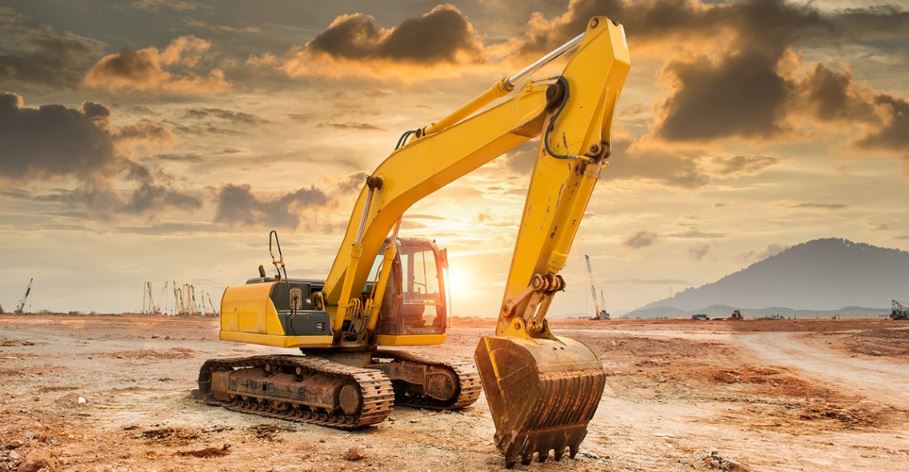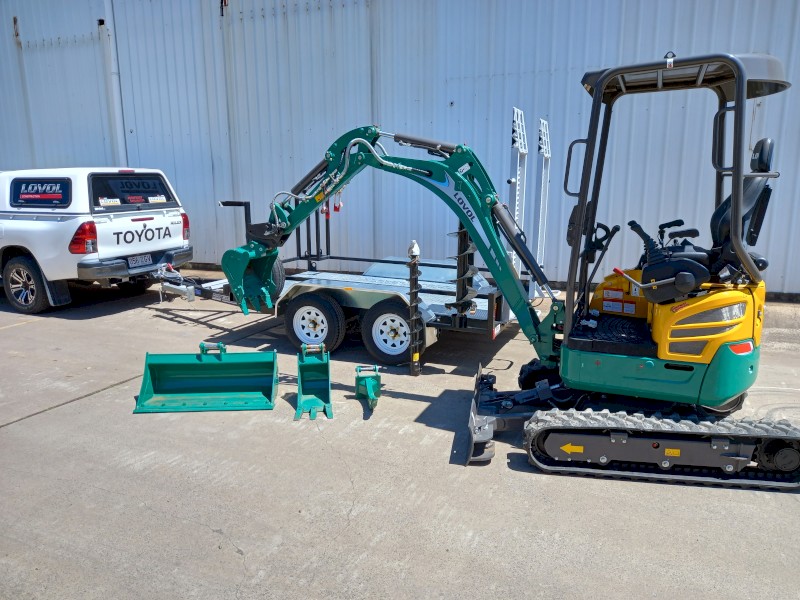
Top 10 Things For Drivers To Inspect In A Truck After A Long Tour
Drivers should perform thorough checks on their commercial trucks after a long tour to ensure safety, reliability, and compliance with regulations. Regular inspections help identify and address potential issues, such as worn brakes, damaged tires, or fluid leaks, preventing breakdowns and accidents. Maintenance also contributes to the vehicle’s longevity, reducing repair costs and downtime.
Read this interesting blog by one of the best Tata Motors Service Stations in Gurgaon –
Tires
Regularly inspect the truck’s tires for signs of wear and tear, including cuts, bulges, and proper inflation levels. Adequate tire maintenance is vital for preventing blowouts and maintaining traction on the road. Properly inflated tires also improve fuel efficiency.
Brakes
Safeguard your commercial truck’s braking system by checking the brake pads, discs, and brake fluid levels. Worn-out brakes can compromise safety and lead to accidents. Inspect the brake components for signs of wear or damage and ensure there’s sufficient brake fluid to facilitate proper braking action. Regular brake maintenance is crucial to prevent accidents, reduce maintenance costs, and comply with safety regulations, making it a top priority after a long tour for the safety of the driver and others on the road.
Lights
Verify the functionality of all external lights on your commercial truck after a long tour. This includes headlights, taillights, turn signals, brake lights, and hazard lights. Functioning lights are essential for visibility, signaling intentions to other drivers, and complying with road safety regulations.
Fluids
Maintain the optimal health of your commercial truck’s engine by checking vital fluids. Monitor engine oil levels to prevent engine damage and ensure proper lubrication. Assess transmission fluid, coolant, power steering fluid, and windshield washer fluid levels, topping them off as needed. Proper fluid levels prevent overheating, maintain engine performance, and enhance overall vehicle safety. Regular fluid checks are essential to avoid costly repairs and keep the truck operating smoothly after a long tour.
Battery
Inspect the condition of your commercial truck’s battery. Look for signs of corrosion on the terminals and ensure they are securely connected. Testing the battery’s voltage is crucial to confirm it falls within the acceptable range. A healthy battery is vital for starting the engine reliably and powering electrical systems. Maintaining the battery prevents unexpected breakdowns and ensures your truck remains operational, especially after a long tour when battery strain may be higher.
Belts and Hoses
Examine all drive belts and coolant hoses for signs of wear, cracking, or damage. These components play critical roles in engine operation and cooling. Worn belts can lead to engine malfunctions, while damaged hoses may cause coolant leaks and overheating. Replacing these parts as needed ensures the reliable performance of your commercial truck’s engine and cooling system, reducing the risk of breakdowns on the road.
Filters
Regularly replace air and fuel filters in your commercial truck. Air filters keep the engine’s intake clean, improving combustion and extending engine life. Fuel filters prevent impurities from reaching the engine, ensuring efficient fuel delivery and reducing engine wear. Regular filter replacements maintain engine performance, fuel efficiency, and overall reliability.
Exhaust System
Inspect the exhaust system for leaks, loose components, or damage. A compromised exhaust system can lead to harmful emissions, reduced engine efficiency, and noise pollution. Promptly addressing exhaust issues ensures compliance with emissions regulations, maintains engine performance, and contributes to a quieter and safer driving experience.
Fluid Leaks
Check underneath the truck for any signs of fluid leaks, such as oil, coolant, or hydraulic fluid. Identify the source of leaks and address them promptly to prevent environmental damage, maintain vehicle performance, and avoid costly repairs. Fluid leaks can indicate underlying issues that, if left unattended, may lead to more significant problems.
Safety Equipment
Ensure that all safety equipment, including fire extinguishers, reflective triangles, and first-aid kits, is present, accessible, and in good condition. These items are crucial for responding to emergencies on the road and ensuring the safety of the driver and others. Regularly inspect and replace expired or damaged safety equipment to stay compliant with safety regulations and promote safe driving practices.
Ending Words
As per the practical experience of the service experts of a Tata Motors showroom Delhi, checking commercial trucks after a long tour is paramount for safety, reliability, and cost-effectiveness. Regular inspections help identify and address wear and tear, preventing potential breakdowns and accidents. Well-maintained trucks operate more efficiently, saving on fuel costs and reducing emissions. Compliance with maintenance and safety regulations is crucial for commercial truck drivers and companies, avoiding fines and ensuring roadworthiness. Ultimately, these post-tour checks not only safeguard the driver and cargo but also uphold the industry’s reputation for reliability and professionalism.





